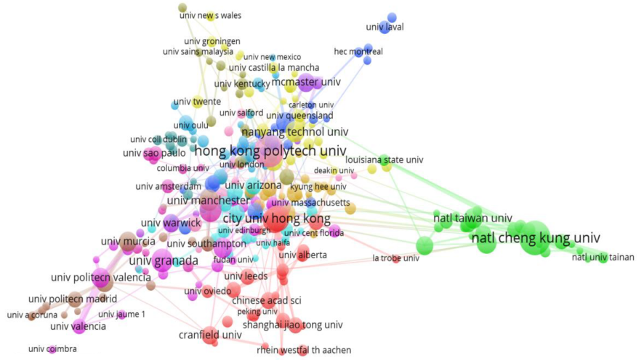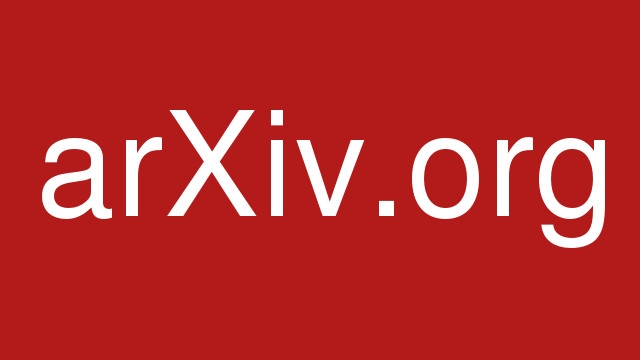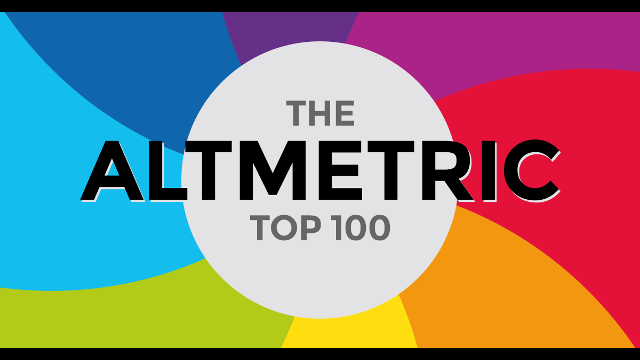
Open access to scholarly knowledge in the digital era (chapter 6.2): A developing region perspective on global open access
This article is chapter 6.2 in section 6 of a series of articles summarising the book Reassembling Scholarly Communications: Histories, Infrastructures, and Global Politics of Open Access.
In the second chapter of the global communities section, Dominique Babini reports that scholar-led and publicly funded open access in Latin America and other developing and developed regions gives hope to a global transition to open access that will be more inclusive, sustainable, and diverse with respect to knowledge produced in developed and developing countries.
When looking at international research and policy agendas concerning important sustainable development issues, it is striking that the development of an inclusive and participatory global open-access scholarly communications system is not given priority.
After two decades developing open access initiatives, Latin America is being invited to join or give an opinion on proposals to accelerate the transition to open access scholarly communications where article processing charges (APCs) have an important role. From the perspective of a developing region, these proposals carry a risk of replicating, albeit this time from within open access and with APCs, the traditional international scholarly communications system built in past decades. Such a system would be concentrated upon “mainstream” journals and their evaluative indicators, managed by commercial partners with growing profit margins covered by research funding, with poor diversity and representation from developing regions, and with negative impact upon the evaluative cultures of those developing regions.
Babini asks, should an increasingly few international commercial publishers, whose exorbitant profits have been among the reasons for the Open Access Movement itself, act as important partners in building the future of open access? In the developing world, where resources for research are extremely scarce, is it not also an ethical issue that research money is being used to support a for-profit industry with margins of more than 30 percent?
In this context, Babini reminds is about the Universal Declaration of Human Rights (1948), which advanced the right to access and benefit from scientific discovery, as well as the right to participate in scientific advances. Babini states that both these rights should be taken into consideration when discussing the future of open-access scholarly communications and open science, in an international context. An example is how the United Nations Sustainable Development Goals would benefit from an international open-access scholarly communications and evaluation system that is more inclusive of a diversity of voices, formats, and contents from less privileged institutions and countries.
Openness provides opportunities for innovation in scholar-led collaboration and cooperation. Indeed, cooperative and collaborative open-access publishing initiatives are challenging commercial solutions with a diversity of nonprofit platforms, and without involving the exclusive transfer of journal subscription monies to APC payments. In developing regions, there are many examples of open-access systems that can provide inspiration along these lines, including African Journals Online (AJOL), SciELO South Africa, and a growing number of repositories.
Developing regions can benefit from a global transition to openly accessible scholarly communications if public infrastructure is provided and if government agreements are made with big publishers regarding reasonable prices for open-access article/book processing charges.
Latin America has led the way in the development of scholar-led, open-access scholarly communications, in part due to the lack of interest by commercial publishers in the region, but mainly due to strong publicly funded, scholar-led initiatives.
Open-access journals from Latin America: regional directory, publishing platforms, and indexing services
The National Autonomous University of Mexico (UNAM) has developed several databases for journals published in Latin America, the Caribbean, Spain and Portugal, including the Latindex Directory, Latindex Catalog, and Latindex Portal of Portals.
SciELO is a cooperative publishing system for peer-reviewed, open-access journals, which was started in Brazil in 1997. It has 1,285 active open-access, peer-reviewed journals published in all disciplines by universities and other scholarly institutions from 15 Iberoamerican countries and from South Africa.
A public university in Latin America started an initiative called Redalyc in 2002 to publish peer-reviewed, open-access journals from Latin America, the Caribbean, Spain, and Portugal. Today, Redalyc has 1,294 active open-access, peer-reviewed journals published across all disciplines by universities and other scholarly institutions.
AmeliCA-Open Knowledge, a system created by Redalyc, CLACSO, UNESCO, and a group of universities and institutions with research and development programs concerning open-access publishing and indicators, works in complement to international traditional services, enriching them with local and regional contents.
Repositories in Latin America: institutional, national, regional, and subject repositories
Nine Latin American science and technology public agencies agreed in 2012 to develop national systems of repositories to coordinate funding, training, and national and regional cooperation. This system is known as LA Referencia, and has 1,431,703 full-text, peer-reviewed articles, theses, and research reports.
Latin America has a historical tradition of participating in cooperative subject information systems with national focal points, usually located in research or government institutions, and coordinated by regional research and policy organizations. These cooperative information systems have evolved from providing online open access to bibliographic information to full-text availability of all kinds of contents.
CLACSO‘s social science digital repository provides open access to 930 peer-reviewed journals, books, working documents, research reports, theses, and multimedia.
Declarations on open access in Latin America
Latin America has issued several regional declarations in support of open access, including:
- Salvador Declaration on Open Access: the developing world perspective, in 2005
- CLACSO’s Declaration on open access to knowledge managed as a commons by the scholarly community, in 2015
- Declaration of Mexico in favor of the Latin American noncommercial Open Access Ecosystem, in 2017.
In relation to APC’s, the consortium of government offices making centralized national purchases of international journals recommends that institutions not create grants to pay for APCs.
Evaluation systems in developing regions
After 20 years of improving the quality of journals and developing successful open-access initiatives in Latin America, the evaluation systems still reward the impact factor of the “mainstream” journals where research is published, confusing excellence or prestige with quality. While the political discourse promotes a model of researcher committed to knowledge transfer and mobilization activities, academic evaluation practices encourage a classic academic profile. The use of the impact factor and citation indicators contributes to tenure, promotion, and economic compensation in the region, as well as the position of the universities and countries in rankings.
Disappointingly, Latin America is not applying the recommendations from DORA and, with very few exceptions, is not considering the new open-access indicators being provided for quality journals from developing regions; for example, in Latin America by SciELO and Redalyc. More research is needed in the region to better understand the hold of Global North–imposed metrics.
These quality open-access journals are used by researchers (30 percent), but also by other publics such as students (50 percent), and individuals interested for professional or personal reasons (20 percent), according to a study on the public impact of Latin America’s approach to open access. They thus contribute to the transition toward open education and open-science information needs in a significant way.
Conclusion
Babini concludes that successful development and growth of scholar-led and publicly funded open access in Latin America and other developing and developed regions gives hope to the possibility of building a global transition to open access that will be more inclusive, sustainable, and diverse with respect to knowledge produced in developed and developing countries; a relevant goal for international conversations in science and global sustainable development agendas.
The aim is to avoid the risk of repeating—this time from within open access and with APCs—the traditional international scholarly communications system built in past decades, concentrated in “mainstream” journals of the Global North and their evaluative indicators, managed by commercial partners with unusually high profit margins, paid out of scarce research money, with poor diversity and low participation from less privileged institutions and countries, and with negative impacts from their evaluation systems.
Next part (chapter 6.3): The future of learned societies in a world of open access.
Article source: This article is an edited summary of Chapter 231 of the book Reassembling scholarly communications: Histories, infrastructures, and global politics of Open Access2 which has been published by MIT Press under a CC BY 4.0 Creative Commons license.
Acknowledgements: This summary was drafted by Wordtune Read with further corrections and edits by Bruce Boyes.
Article license: This article is published under a CC BY 4.0 Creative Commons license.
References:
- Babini, D. (2020). Toward a Global Open-Access Scholarly Communications System: A Developing Region Perspective. In Eve, M. P., & Gray, J. (Eds.) Reassembling scholarly communications: Histories, infrastructures, and global politics of Open Access. MIT Press. ↩
- Eve, M. P., & Gray, J. (Eds.) (2020). Reassembling scholarly communications: Histories, infrastructures, and global politics of Open Access. MIT Press. ↩






